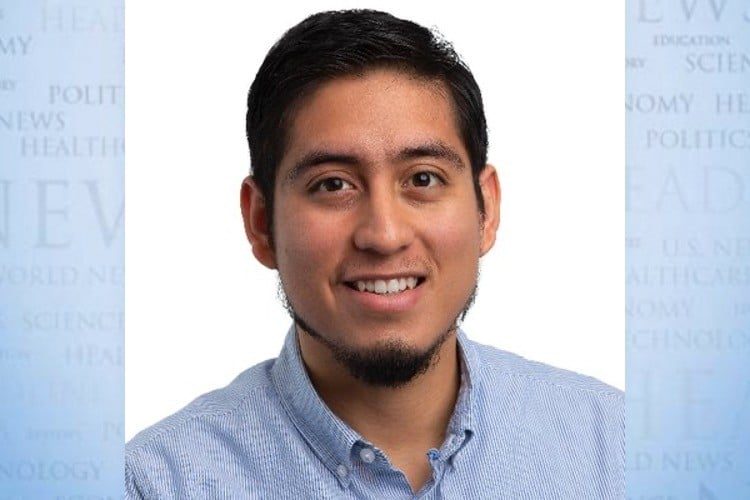
Retreat is not an option.
Many Americans are rightly concerned about the dangers of governmental tyranny. Between overreaching laws, the surveillance state, and the militarization of nearly every facet of the federal government, many citizens — particularly conservatives — are looking for a way to get away from it all, especially given the propensity of most politicians to be complicit in the erosion of our constitutional liberties.
Among the proposed solutions for escaping a tyrannical state, one that has rapidly gained popularity is withdrawing from society through a combination of off-gridding, homesteading, and doomsday prepping.
Many who promote and adopt this lifestyle envision the government becoming far more totalitarian than it already is and ultimately sending Gestapo-like goons to round up patriots in their homes.
Under this scenario, the only people who will be safe are those who live in the countryside, far away from the city, and who are independent thanks to growing their own produce, raising their own livestock, and producing their own electricity and goods. The patriots living in this way will, according to the ideal, be well-armed and thus able to defend themselves against the forces of the Deep State.
Now, all the individual components of such a plan are good in and of themselves. Becoming more independent through homesteading is a phenomenal idea, as is getting off the government’s energy grid where possible. And, of course, being well-armed and trained in marksmanship is always a smart idea.
But the belief that such a plan will lead to long-lasting survival and freedom, while well-intentioned, is mistaken. Isolation and atomization will only make citizens more vulnerable to the Deep State.
Firstly, the type of independence proponents of this plan envision themselves achieving is immensely difficult to accomplish. Through diligent work, you may succeed in becoming self-sufficient as far as food and water and power, and some who are more skilled may succeed in making their own clothes.
But what about shoes? What about tools? You may have a full collection of tools right now, but eventually you’ll have to replace them. Do you have blacksmith skills?
What about medicine? Your current supply of medicine won’t last forever. What happens when you need penicillin? Insulin? A tetanus shot?
Moreover, contrary to what many want to believe, there really is no hiding from the government, at least not in America. It doesn’t matter if you live out in the countryside. The United States is not an uncharted territory. Everything is mapped and registered. Unless you live in a very remote area out in the mountains, they know where you live.
Even if you were hidden out in the mountains, they have satellites to find you. And how long would the hiding last? At most a couple of generations before your descendants number so many people that they can’t possibly remain hidden anymore. And on that note, what kind of life would your children have? Whom would they court and marry? Or will you condemn them to a life of inbreeding and birth defects?
And when the blue helmets inevitably come knocking at your door, there will be no defending against them no matter how many guns you own. When you’re one household up against an endless infrastructure of military and police, it’s not a matter of if, but when, your defenses will fall.
The conclusion: There is no survival in isolation away from society, away from civilization, away from community.
Megha Lillywhite, a writer on art history, psychology, and society, makes the case that, rather than making us strong and independent, retreating from society into atomized homesteads only makes us weaker:
Perhaps this level of isolation is preferable to some types of people. There exist certain people who do not crave art, music, and the glittering lights of civilization as much as others. These people are spiritually peasants. They do not rule society, they never have and they never will. They are always vulnerable to the whims of those more powerful than them. When they come knocking on your aesthetic wooden farm door and demand your land with guns behind them, what will you do?
You need to focus on gaining power, not on losing it.
Afterall [sic], it is power that gives you freedom.
A plot of land that you are bound to, and must physically work is not the way to gain power. It is a good way to gain control over the quality of your food, but it is not the only way or the best way. Mr. Billy Gates is not a farmer and yet he controls a large proportion of the farmland in the world. How? Not by packing his belongings and moving there to frolic in the field in a sundress for twitter [sic] clout, but by making BIG BUCKS and buying it all. He can now do whatever he wants with it. When your enemy is winning, you must put your ego aside and find out how he has won.
As I have previously written, political power is gained through having control over the important institutions of society — the government, the schools, the media, the hospitals, the businesses, the churches.
Money is an important currency in politics. So is social influence. And you can’t acquire either if you resign yourself to social retreat and isolation. Such a path is nothing more than a garnished way of admitting defeat.
Many on the right may not want to hear it, but there is only one path forward — and it isn’t trying to hide from the government. It’s putting in the hard work of citizenship. Getting involved. Building relationships. Raising your voice. Educating your neighbors. Being a leader and organizer. Becoming personally successful so that you have more time and resources to give to the cause.
It can all seem frustrating because the results aren’t immediate. But just as the colonists who crossed the sea in the 17th century could never have envisioned their fledgling settlements becoming the world’s most powerful nation generations after their death, we must be willing to push forward in the faith that, while we may not fully reap the fruits of our sacrifices in our day, our descendants will.





